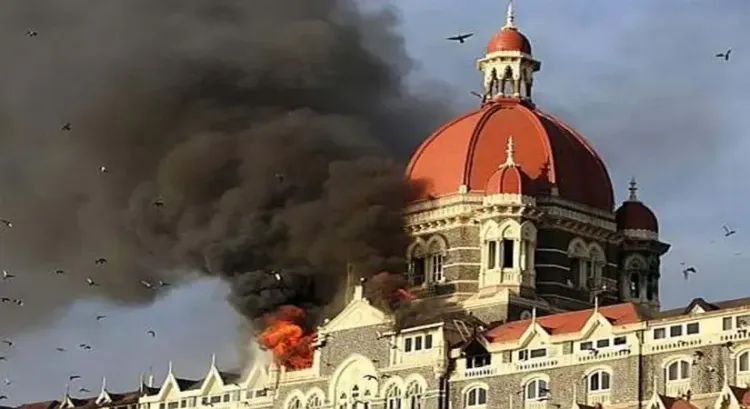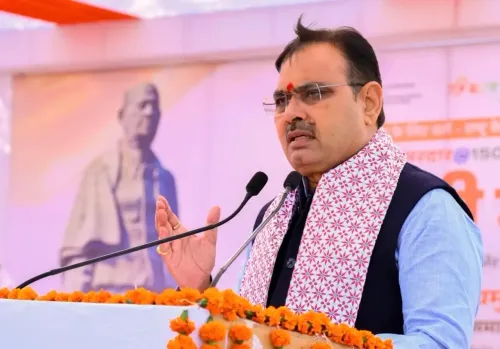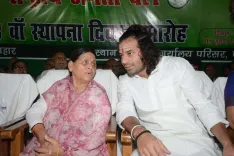Why is the 26/11 Mumbai terror attack unforgettable even today?

Synopsis
Key Takeaways
- Reflection on the tragedy: The 26/11 attacks remain a painful memory for many.
- Significant loss of life: The incident resulted in the death of 175 individuals.
- Political implications: The attacks influenced India's approach to national security.
- International attention: The attacks drew global condemnation and scrutiny of terrorism.
- Enduring legacy: The tragedy continues to resonate in discussions about terrorism.
New Delhi, Nov 26 (NationPress) As the nation commemorates the anniversary of the 26/11 Mumbai terror attack, leaders, officials, and survivors are reflecting on the victims of one of India’s most catastrophic terrorist events. Recalling the terror of the 2008 attacks, senior BJP leader Prakash Javadekar stated that the incident remains indelibly etched in memory even after almost two decades.
“No one can forget 26/11 even after seventeen years. The nature of the attack and the way Pakistan propagated terrorism was severe and horrifying,” Javadekar remarked, emphasizing that the assault was among the most brutal terror operations India has ever experienced.
He highlighted that hundreds lost their lives, and numerous police officers made the ultimate sacrifice as the attackers struck multiple sites across the city. “The Mumbai terror attack was merciless… Hundreds of individuals perished, several police officers were martyred, and the attack spanned multiple locations, rendering it uniquely tragic,” he added.
On this solemn occasion, notable prosecutor and Rajya Sabha MP Ujjwal Nikam, who led the prosecution against Ajmal Kasab, also offered his tributes.
“I will never erase this day from my memory. This is the day when terrorists took the lives of many innocent citizens and several courageous police officers. Why were they murdered? The reason was singular: terrorism fueled by hatred,” Nikam said.
He further explained that the attackers aimed to undermine India's economy by instilling fear in Mumbai, the nation’s financial hub. “The goal was to frighten the people of Mumbai and drive away foreign investors, thereby plunging India into economic turmoil. However, this did not come to pass,” he remarked.
On this significant day, Maharashtra Chief Minister Devendra Fadnavis, DGP Rashmi Shukla, and Mumbai Police Commissioner Deven Bharti are expected to pay respects to the martyrs at the Mumbai Police Commissioner’s office.
The 26/11 attacks, executed between November 26 and 29, 2008, consisted of 12 synchronized assaults carried out by 10 operatives of Lashkar-e-Taiba, a terrorist organization based in Pakistan.
The assault resulted in the deaths of 175 individuals, including 26 foreign nationals, 20 security personnel, and nine of the ten attackers. The only surviving gunman, Ajmal Kasab, was captured, tried, and subsequently executed.









